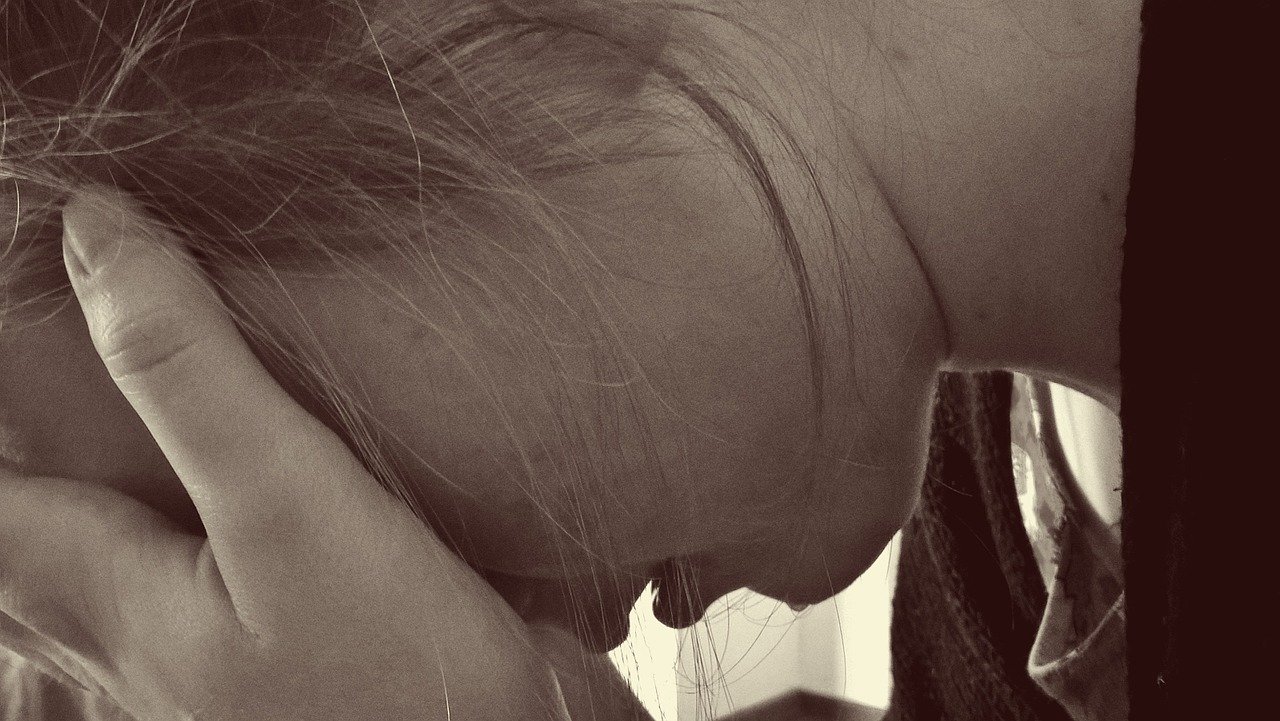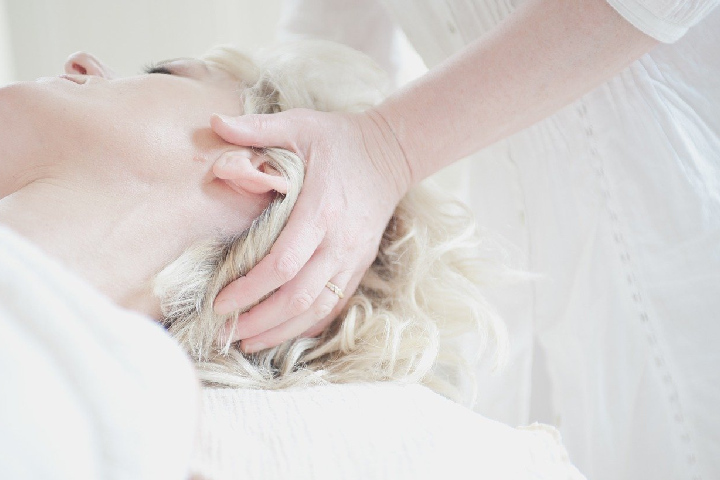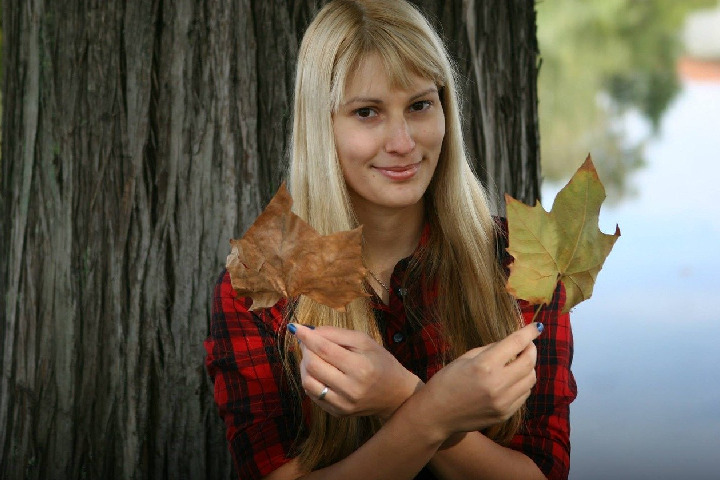Hair Fall: If your answer is yes, you can attribute it to the fact that, in spring, it is customary to lose a little more hair. But maybe there is another cause behind it: the stress that the current pandemic situation due to the coronavirus may have generated.
Anger, stress, frustration are some of the consequences of going through quarantine, according to a recent study published in The Lancet on the occasion of the COVID-19 pandemic.
In addition to affecting our mood, this situation of sustained stress for weeks that may have arisen in confinement due to the coronavirus can also have physical consequences. One of them is hair loss.
“Stress (actually, the organic situation that we have towards this) can generate more inflammation and explain that some people have more hair loss in these extraordinary moments that we have had to live,” from the Capillary Health Unit of the International Dermatological Clinic.
This also joins the natural tendency for our hair to fall out more in spring.

“Autumn, and also spring, are the typical seasons in which a greater percentage of hair coincide in their shedding phase (telogen),” adds the trichologist (or, what is the same, the dermatologist expert in hair).
1. Signs Hair Fall That Alopecia May Be Due to Stress
But what is stress-induced hair loss like? As this hair health specialist explains, stress does not usually cause our hair to fall out suddenly or affect a specific area.
“The fall is usually generalized and more concentrated in time,” he clarifies. Although the stress level is very high, it can also cause the hair to fall “in clumps,” especially when washing your hair, combing, or running your fingers through it.
Fortunately, this hair loss is not usually permanent. “After a while, the hair recovers”. It is estimated that, on average, we lose about 100 hairs per day.
It must be taken into account. However, hair recovery is slower than the loss has been: it can take between 3 and 4 months, which is the natural time for hair renewal. If the hair continues to fall more than usual, it is best to consult a dermatologist.
2. Keys to Strengthen Hair
The following tips can help you prevent the fall from going further. Massage the scalp with your hands. You will activate the blood supply, making it easier for the necessary nutrients to reach your hair to be healthy. You can take advantage of doing it while you wash your hair.
Don’t abuse the dryer. It can further weaken your hair. You better let it air dry. And when you use a hairdryer, make sure the air doesn’t come out too hot. The dye, better natural. Some of the conventional products for colouring and bleaching hair can end up damaging the hair fibre.
If you see that it falls more than necessary, choose natural or ecological dyes, which are not aggressive for your hair. The collected suspenders, for another time. Tails, braids, buns, extensions can weaken the hair roots. Choose better to wear it loose or in more casual collected, in which the hair is not tight.
Try to sleep well. Did you know that hair grows mainly at night? The body takes advantage of repairing itself during sleep, and hair growth is part of that natural repair.

If these days sleeping costs you more, try to go to bed and get up at more or less the same time each day, have a light and early dinner, do not check your mobile, tablet, or computer shortly before going to bed all this will help your body to regulate its rest better.
Nourish your hair from the plate. Following a balanced diet helps your hair receive “the nourishment” it needs. Make sure that your menus do not lack ingredients rich in vitamin C (peppers, tomatoes, citrus fruits ), vitamins of group B (eggs, legumes, oily fish, spinach …), folic acid (green leafy vegetables, fruits dried, whole grains ) and proteins (meat, fish, dairy ).
3. Should You Use Anti-hair Loss Products?
Shampoos, lotions, serums, ampoules can support hair health. Of course, it is essential that before using them, you talk to your dermatologist, who is the one who can best guide you about the products that can be beneficial (and also about those that are not) in your case.
“In the event of any doubt related to hair health, and especially when the loss does not stop after a reasonable time, and we see the scalp through the hair, it is advisable to consult a dermatologist,” recalls Martín-Gorgojo.

